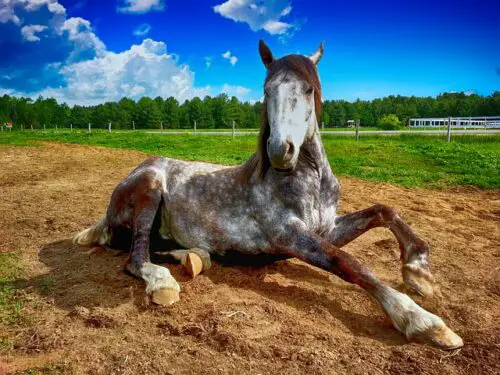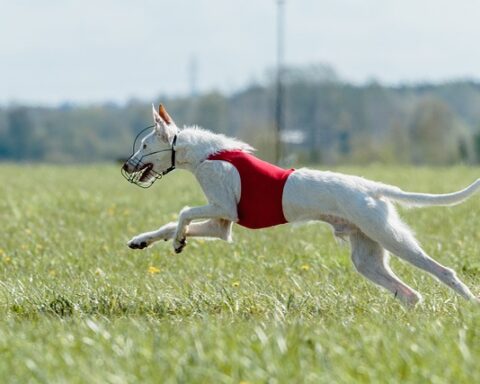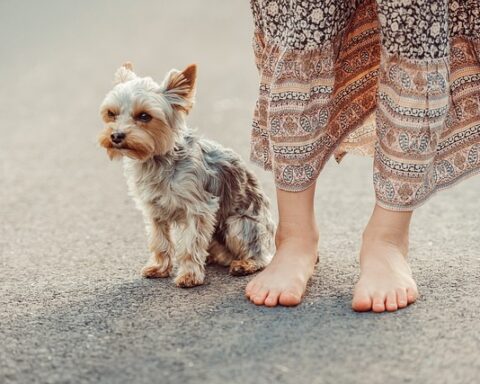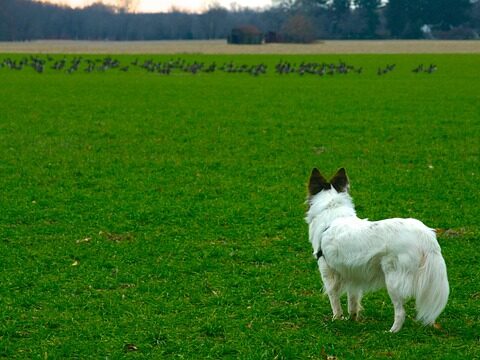Knowing the potential health issues that can affect your beloved equines is important as a pet lover. One of the most ubiquitous maladies among equestrians is horse diarrhea, which can engender extreme desiccation if neglected. Fortunately, you can recognize and treat dehydration caused by equine diarrhea in several ways.
What is Equine Diarrhea?
Equine diarrhea is when the horse experiences frequent, loose stools. It’s commonly caused by an infection or inflammation of the digestive tract, but it can also be caused by something as simple as a change in diet or stress. It’s important to note that diarrhea does not always indicate a serious problem but should be monitored closely.
Signs and Symptoms of Dehydration
Dehydration is a frequent issue accompanying equine diarrhea, and it is perilous if neglected. Manifestations of desiccation often comprise desiccated skin and mucous membranes, indentured eyes, an augmented heart rate, decreased urine production, and languor. If your horse exhibits any of these symptoms, taking action quickly is important to prevent further complications.
 Treatment for Dehydration Caused by Equine Diarrhea
Treatment for Dehydration Caused by Equine Diarrhea
The first step in treating dehydration caused by equine diarrhea is rehydrating your horse. This can be done by administering an electrolyte solution or IV drip. Next, adjust your horse’s diet to provide more fluids and electrolytes. A wise adage is to present modest quantities of nourishment more often throughout the day and to restrict the measure of grain or other high-energy feeds.
It’s also important to address the underlying cause of the diarrhea. For example, if an infection causes diarrhea, your veterinarian may prescribe antibiotics. Likewise, if a dietary change causes diarrhea, it’s important to identify the food causing the issue and avoid it in the future.
Preventing Dehydration Caused by Equine Diarrhea
The best way to prevent dehydration caused by equine diarrhea is to be aware of potential causes and take measures to avoid them. Ensure your horse has access to clean, fresh water at all times, and monitor any changes in diet or lifestyle that could trigger diarrhea. Avoid feeding your horse large amounts of grain or other high-energy feeds. Additionally, watch for any signs of dehydration, such as dry skin or sunken eyes, and take steps to rehydrate your horse quickly if necessary.
In addition to ensuring your horse has access to clean, fresh water and monitoring any changes in diet or lifestyle that could trigger diarrhea, there are other measures to avoid dehydration caused by equine diarrhea. First, secure your equine and obtains adequate sustenance and physical activity, which may facilitate maintaining its enteric apparatus robustly and reduce the hazard of looseness of the bowels. Additionally, it’s important to maintain a regular deworming schedule, as parasites can cause diarrhea. Lastly, monitor your horse’s environment for toxins or hazards that could cause diarrhea.
When to. Seek Veterinary Care
It’s important to seek veterinary care if your horse exhibits signs of dehydration, such as dry skin or sunken eyes. It’s also important to seek veterinary care if your horse is experiencing recurrent bouts of diarrhea. Your veterinarian can provide treatments to rehydrate your horse and address any underlying causes of diarrhea.
Conclusion
Overall, dehydration caused by equine diarrhea is an issue that should not be taken lightly. You can ensure your horse stays healthy and happy with the right preventative measures and prompt veterinary care. It’s important to stay vigilant and be aware of any changes in your horse’s behavior or diet that could lead to dehydration. You can keep your beloved equines safe and healthy with the right care.






